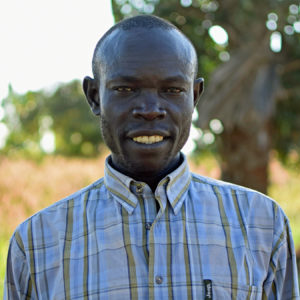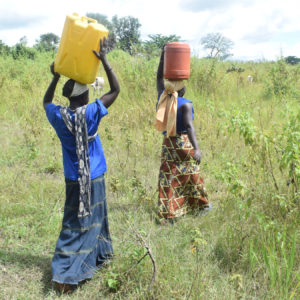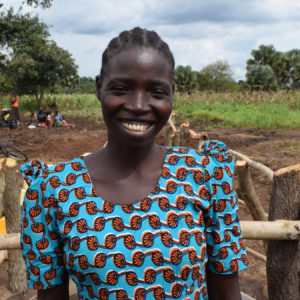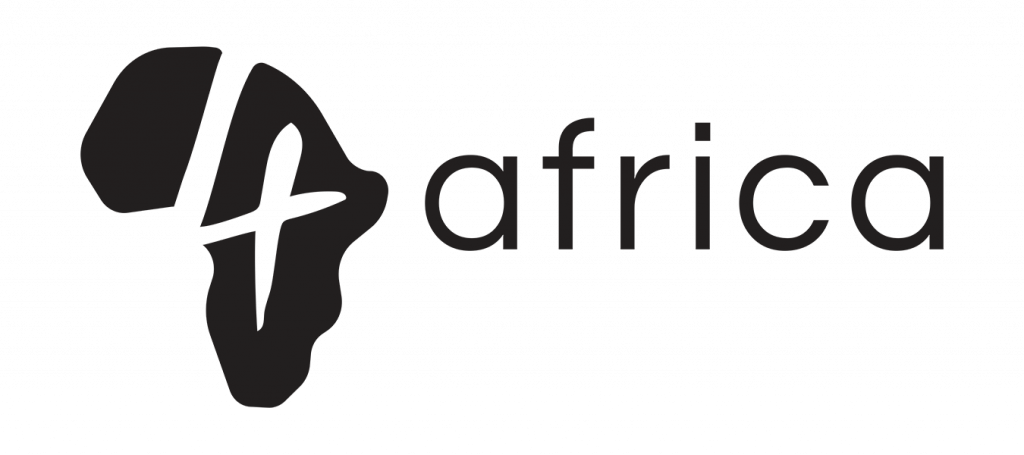The Dangerous Walk for Water
It’s hard to imagine, but some people face overwhelming challenges to find water.
The walk for water is long and hard. Every day, women trek through remote, rural areas of East Africa to collect water for their households. Not only does the trip steal hours of valuable time, but the 40-pound jerry cans take a toll on their bodies. Even worse, many children are unable to attend school because of the burden of fetching water. Contaminated water often makes them too sick to attend school as well.
An Unspoken Threat
There is another threat that many don’t speak of. As women walk for water each day, their families and friends anxiously await their return, hopeful to see their loved ones emerge untouched from the dangerous trips.

Over time, Bakole watched as women in his community returned from their daily trips traumatized from these occurrences. It broke his heart to see these strong women – his friends – return lifeless and scared. He felt compelled to help protect his community members.
Bakole began to lobby for a community water well. If women had access to clean water right outside their homes, they wouldn’t be at risk for such attacks. As a local chairperson of Yengenji in Northern Uganda, he was able to reach out for help, but limited financial resources put their well on hold.
With the support of our 4africa family, our teams partnered with the communities of Yengenji and Patokara to drill wells right inside their communities, so they have access to clean, safe water whenever they need it!
“I remember times when some of my fellow women would be attacked and [assaulted] on the way to fetch water, which caused a lot of fear among us,” Aguko from Patokara recalls.
Fortunately, with a new borehole in her village, Aguko and the women of Patokara no longer live in fear. “This is a gift for us as women. Our lives have been completely changed,” she said.
The women in Bakole’s community are finally safe, too, now that they have a new borehole.
“We’ve already experienced a lot of change since the borehole was drilled,” he said. “[Assaults] have not happened, and the disease rates have significantly reduced. This would not have been possible without your intervention.”
When you partner with 4africa, your donation not only gives vulnerable people access to safe and clean water, it keeps women like Aguko safe from danger and allows them to experience peace, at last.
Together, we can eliminate the walk for water.
Living the Parable of the Good Samaritan
Above all else, 4africa strives to follow Jesus’ example and live out the gospel wherever He leads. May you find encouragement in this Truth today:
In reply Jesus said: “A man was going down from Jerusalem to Jericho, when he was attacked by robbers. They stripped him of his clothes, beat him and went away, leaving him half dead. A priest happened to be going down the same road, and when he saw the man, he passed by on the other side. So too, a Levite, when he came to the place and saw him, passed by on the other side.
“But a Samaritan, as he traveled, came where the man was; and when he saw him, he took pity on him. He went to him and bandaged his wounds, pouring on oil and wine. Then he put the man on his own donkey, brought him to an inn and took care of him.
“The next day he took out two denarii and gave them to the innkeeper. ‘Look after him,’ he said, ‘and when I return, I will reimburse you for any extra expense you may have.’
“Which of these three do you think was a neighbor to the man who fell into the hands of robbers?”
The expert in the law replied, “The one who had mercy on him.”
Jesus told him, “Go and do likewise.” Luke 10:30-37 (NIV)
Let’s take care of each other as Jesus instructed – “go and do likewise.”







